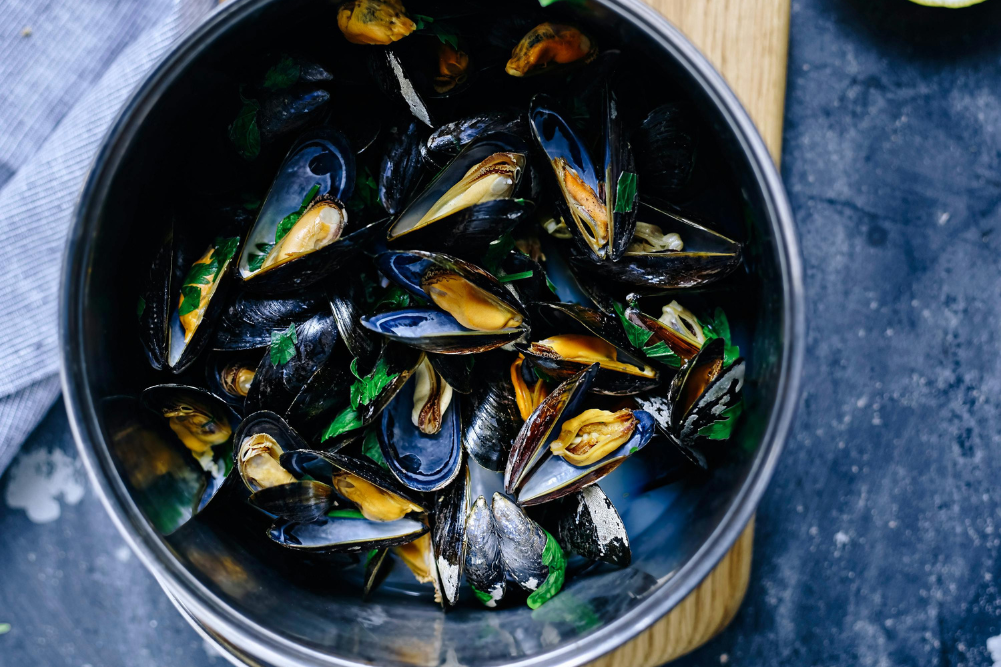B vitamins for the family
Families may be a loving group but they are also diverse. There’s Jessica with her obsession for fashion, Ben with his combined crawling insect/odd sock collection, mum with her new-found (but underskilled) interest in crochet, dad with his reliably un-entertaining joke repertoire, and weird Uncle Dave with his collection of electric frogs. As different as all these elements of a family are they are united by core commonalities and each of them serve useful purposes, even if it is just comic relief. The family of B vitamins are just the same as other families; bound by commonalities but each having their unique qualities. Now a new study has found that as a family the B vitamins can reduce your chance of having a stroke.
The B vitamins are a family of water-soluble vitamins that can be cultivated from bacteria, yeast, fungi or mould. They feature vitamin B1 (thiamin), B2 (riboflavin), B3 (niacin), B5 (pantothenic acid), B6 (pyridoxine), folic acid, B12 (cyanocobalamin) and biotin. These vitamins are grouped together as a family because they come from the same sources and work together in the body. As a group they are active in providing the body with energy by converting carbohydrates into glucose. The new research suggests that supplements of B vitamins also reduce your chance of stroke.
The researchers analysed 14 randomised clinical trials involving a total of 54,913 subjects.
All studies compared use of vitamin B supplements with a placebo, or a very low dosage of the vitamin and the subjects were followed for a period of 6 months. In that time frame 2,471 strokes were reported. The data revealed that subjects taking the vitamin B supplements had a seven per cent reduction in risk of stroke compared with those taking the placebo supplements or a low dosage of vitamin B. The protective effect from the B vitamins came from their capacity to lower levels of an amino acid called homocysteine.
Homocysteine is a breakdown product of protein metabolism that, when present in high concentrations, has been linked to an increased risk of heart attacks and strokes. Elevated homocysteine levels are thought to contribute to plaque formation by damaging arterial walls allowing the plaques to attach. High homocysteine levels may also act on blood platelets and increase the risks of clot formation.
The moral of all that is if you want to reduce your stroke risk and protect your arteries the family to invite to dinner are the B family.







